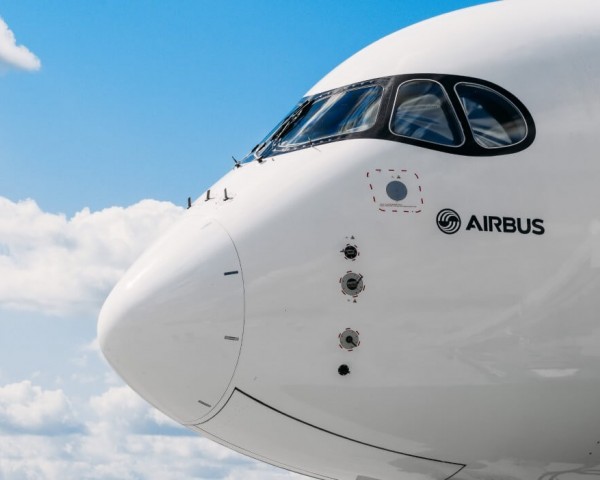Boeing’s 737MAX failure has resulted in the company having to pay millions in compensation to Alaska Airlines. The incident has also negatively affected the company’s orders and deliveries.
During the first quarter of this year, Boeing delivered 36% fewer commercial aircraft than in the same period in 2020. 83 aircraft were delivered, down from 130 in the same period last year.
Of those 83 aircraft, 29 were delivered in March, while January and February saw 27 deliveries.
Boeing, under new management, strategically adjusts its production to enhance quality. Following the 737 MAX incident, this decision is a proactive step in response to increased scrutiny.
Brian West, Boeing’s chief financial officer, had already foreseen this last month, ensuring that deliveries would be below 38 per month in the 737 program to ensure meticulous execution.
In the first quarter, Boeing received orders for 126 aircraft. The purchase of 85 737 MAX 10 aircraft by American Airlines increased this number.
In March, Airbus delivered 63 commercial aircraft and received 137 gross orders. This is an improvement over the deliveries of February (49) and January (30). The majority of the deliveries were of the A321neo model.
Airbus’s orders and commercial aircraft deliveries show steady growth in the first quarter. The company received orders for 170 aircraft, marking a 12% increase compared to the same period in 2023. In terms of deliveries, there was also a year-on-year increase, with 142 aircraft delivered compared to 127 in the previous year. However, Airbus has also reported delays due to supply chain issues, which it is actively addressing.
The company aims to deliver a total of 800 commercial aircraft by 2024.












